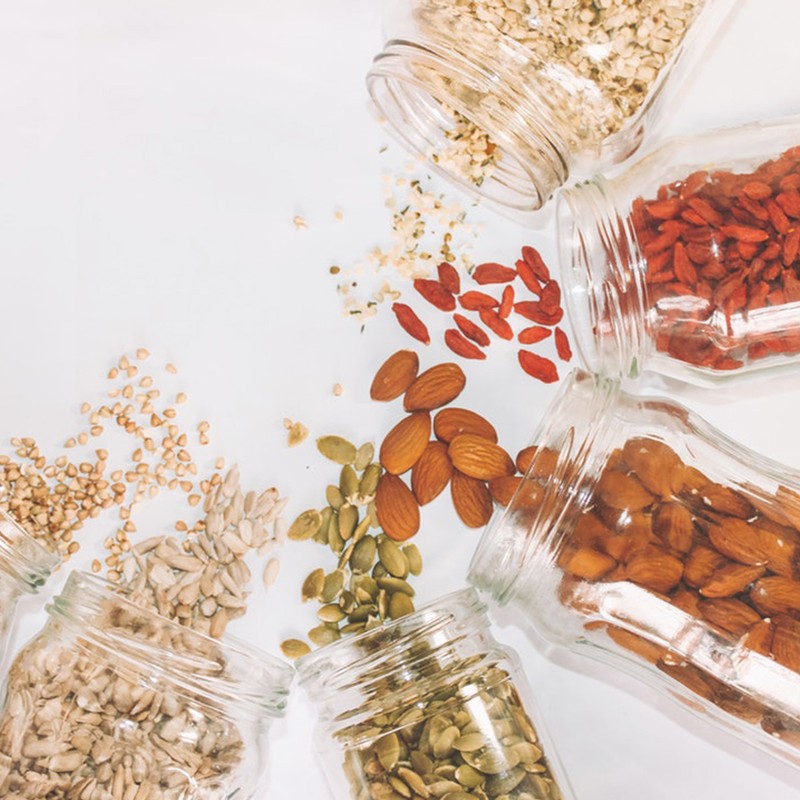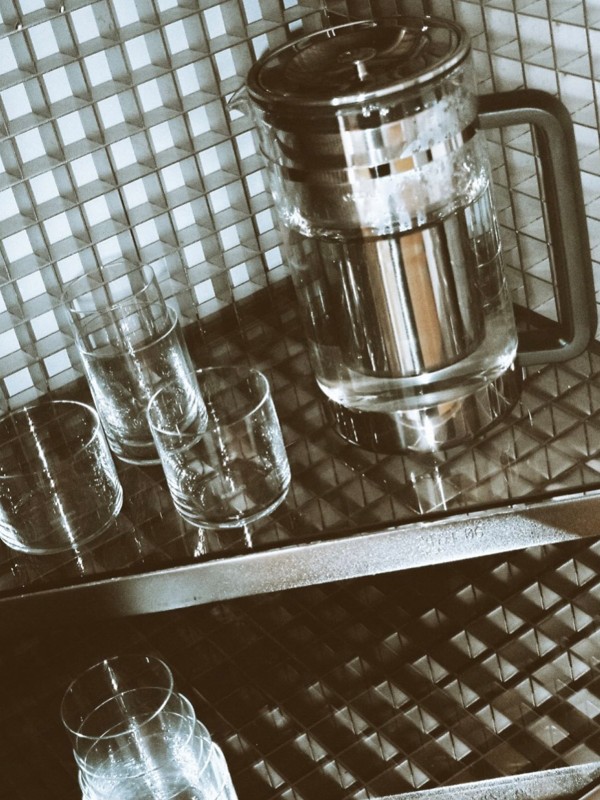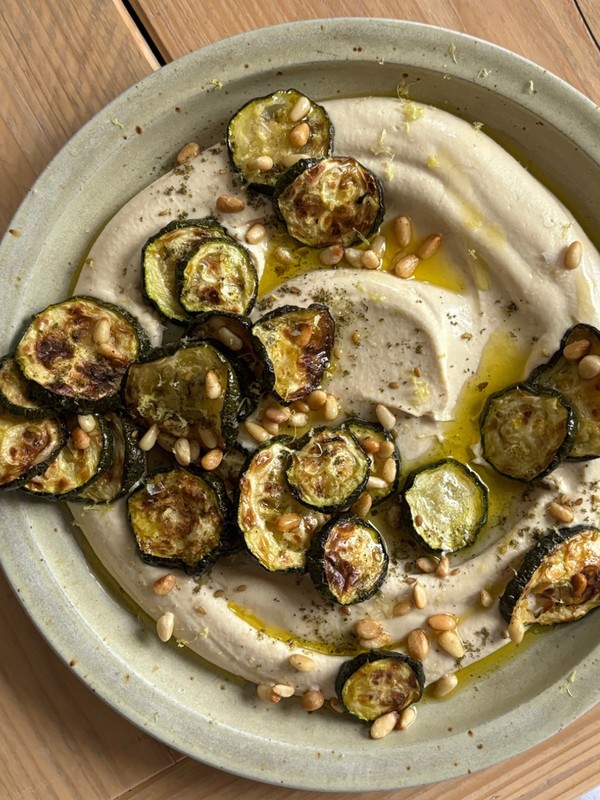Should You Try Seed Cycling?
If you’re a keen follower of wellness trends on Instagram you may have noticed a new hashtag popping up – #seedcycling. But aside from pretty pictures of salads and smoothies with a generous sprinkling of seeds, what exactly does this involve?
“Put simply, seed cycling is a method in which you alternate consuming four different types of seeds according to which phase of the menstrual cycle you are in,” explains Nicole Jardim, a certified women’s health coach and the creator of Fix your Period. “These include pumpkin, flax, sesame and sunflower seeds. This particular combination of seeds is important because they contain a whole host of vitamins, minerals and essential fatty acids that support ovarian hormone production, in particular estrogen and progesterone. This helps stabilise these important sex hormones and ultimately improve overall menstrual health.”
Using these little nutrient powerhouses in this particular way is therefore believed to help with a variety of problems caused by hormonal imbalances. “In my experience with clients, seed cycling seems to work well for irregular or missing periods, a short luteal phase, anovulatory cycles and heavy or painful periods,” Nicole says. Some experts suggest it may also be able to help increase fertility, ease pain from conditions such as PCOS and endometriosis and assist women who have just given birth, are coming off hormonal birth control, or are pre-menopausal. So, how can you do it?
Nicole’s guide to seed cycling
From day one through to day 14 of your cycle: Take a tablespoon each of pumpkin and ground flax seed in the first half of your cycle, which is known as the follicular phase. As a source of phytoestrogens, flax seeds help naturally balance our levels of oestrogen, which is needed to help build our uterus lining at this point in the cycle. Pumpkin seeds are high in zinc which helps prepare your body for the secretion of progesterone which happens in the next phase.
From day 15 to day 28, or before you get your period again: Now, as your body moves on to the luteal stage, switch to a tablespoon each of sesame and sunflower seeds. Sesame seeds help support our body’s progesterone levels, and regulate oestrogen levels, while sunflower seeds are high in selenium which helps support our liver to breakdown oestrogen effectively.
If you have a regular cycle between 25 and 35 days long but don't ovulate on day 14, take the first round of seeds until you ovulate (which usually occurs between days 13 to 17 of your cycle), and then switch to the second phase of seeds the day after you ovulate.
If you are experiencing amenorrhea (when you don't have a period), start day one of seed cycling on the first day of the new moon.
How to add more seeds to your day
Eating two tablespoons of seeds a day doesn’t exactly sound that thrilling, but you don’t have to eat them as they are. Try adding them to smoothies, sprinkling on top of porridge or granola, using them as a salad topping, or making energy balls with them. Just remember, it’s recommended that the seeds you use when seed cycling are organic and raw (not roasted or cooked in any way) in order to best preserve their nutrients. Also make sure the flax seeds you use are ground.
Is there a catch?
At this point you may very well be asking why everyone isn’t trying this. It sounds easy to do, and the supposed benefits are pretty good, right? Well, the truth is there isn’t actually any evidence-backed research showing a direct correlation between hormonal health and seed cycling. Many experts are therefore sceptical of the bold claims being made. There is, however, plenty of research that has been done into the nutritional components of seeds and studies do suggest that seeds such as flax, sesame, pumpkin and sunflower can help balance our hormones and support our menstrual cycle to some extent. Overall, the general advice seems to be that while scientifically there’s no proof of the specific advantages of seed cycling, there’s certainly no harm in adding a spoonful to your daily routine.
DISCLAIMER: We endeavour to always credit the correct original source of every image we use. If you think a credit may be incorrect, please contact us at info@sheerluxe.com.






